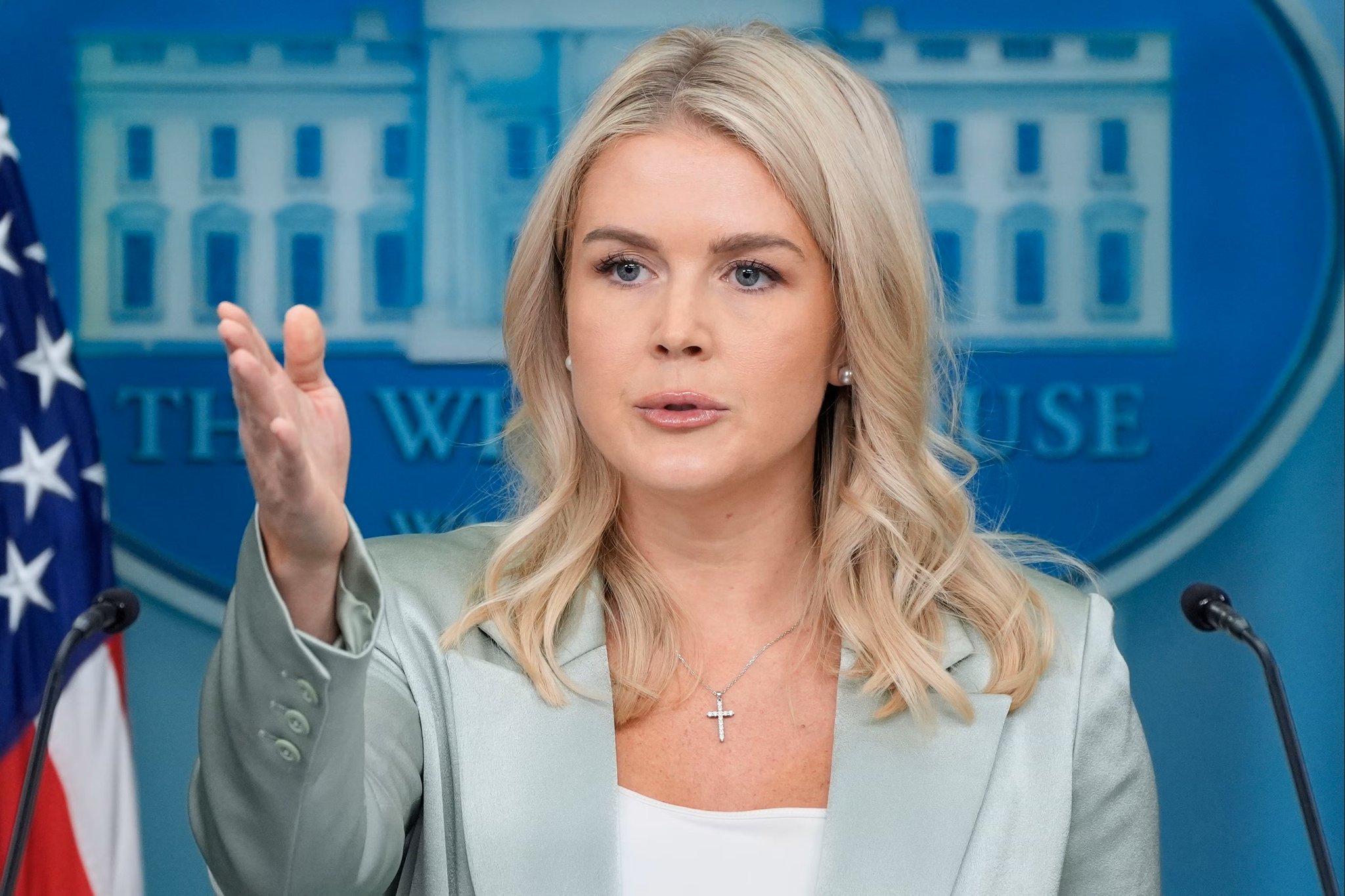Trump Defends H-1B Visas, Emphasizes Need for Skilled Foreign Workers
In a recent discussion on the contentious issue of H-1B visas, President Donald Trump defended the necessity of bringing skilled foreign workers into the United States. His remarks came in response to calls from conservative commentator Laura Ingraham to impose stricter restrictions on the visa program, which is often criticized for allowing foreign workers to fill positions that some argue should be reserved for American citizens.
During the conversation, Trump highlighted the importance of balancing wage protection for American workers with the need for specialized expertise that is essential for the growth of key industries. “You can’t take people off the unemployment line and say, ‘go make missiles,’” he stated, referencing a Georgia battery plant that required South Korean specialists to train local employees in advanced manufacturing techniques.
The President underscored that while prioritizing American jobs is crucial, certain technical skills are indispensable for revitalizing U.S. industry and enhancing the country’s manufacturing capabilities. He argued that the influx of skilled foreign workers through the H-1B visa program can play a vital role in achieving these goals.
Trump's comments reflect a broader debate within the country regarding immigration policy and its impact on the labor market. Proponents of the H-1B visa program argue that it allows U.S. companies to access a global talent pool, which is particularly important in fields such as technology, engineering, and healthcare. Critics, however, contend that the program can lead to job displacement for American workers and suppress wages in certain sectors.
As the discussion around immigration and employment continues to evolve, Trump's defense of the H-1B visa program highlights the complexities of balancing economic growth with the protection of domestic labor interests. The ongoing dialogue suggests that the future of the H-1B visa program will remain a significant topic in the national conversation on immigration policy.


